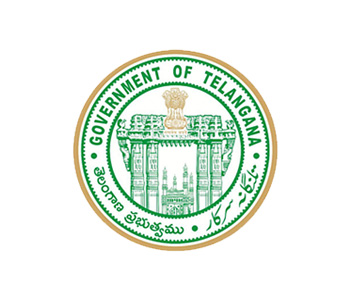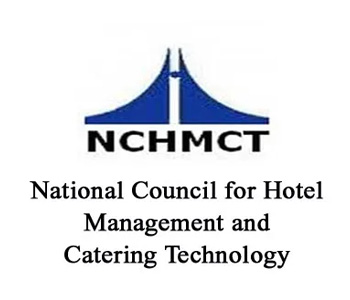A Study on Combating the Financing of Terrorism through FATF Recommendations with Special Reference to High-Risk Countries
Dr D Maheswara ReddyD.NiharikaD.Sai Haritha
Abstract: Despite the countries’ economies are normally regulated and monitored by financial regulators and financial institutions, but largely depends upon the integrity and honest conduct coupled with ethics and codes of designated non-financial business and professionals include; lawyers, charted accountants, company secretaries, and real estate agents and jewellery traders. The country's GDP is reflected in the performance of all sectors of the economy but the performance of the economy is the result of proper compliance with regulators' recommendations. Here the role of DNFBPs is significant in making the economy free from money laundering activities and also responsible for strict adherence to FATF 40 recommendations. In this context, the author would like to analyze the compliance data based on the Mutual Evaluation Reports of High-risk countries as per Schedule 3ZA of MLRs. The aim of this research paper is to tackle strategic deficiencies/shortcomings in the implementation of FATF recommendations in high-risk countries. Through the analysis, it has been understood that the high-risk countries mostly deviated from the compliance of aforesaid recommendations and immediate outcomes, and the international financial systems were in endanger. Therefore, the FATF has to call on all those countries to take countermeasures to curb financing terrorism and terrorism activities in high-risk countries.
Keywords: Anti-money laundering, Counter-terrorist financing, Financial Action Task Force, Immediate outcomes and Recommendations.
AFFLIATIONS / CERTIFICATIONS
Testimonials
Address
National Institute of Tourism & Hospitality Management, Telecom Nagar, Gachibowli, Hyderabad – 500032, Telangana Government, IndiaCall Us
Admissions: 040-23000471PA to Director: 040-23000473
Main Gate Security: 040 - 23000454
Mail: director@nithm.ac.in
Working Hours
Monday – Saturday : 09:00 – 17:00Sunday : Closed

























